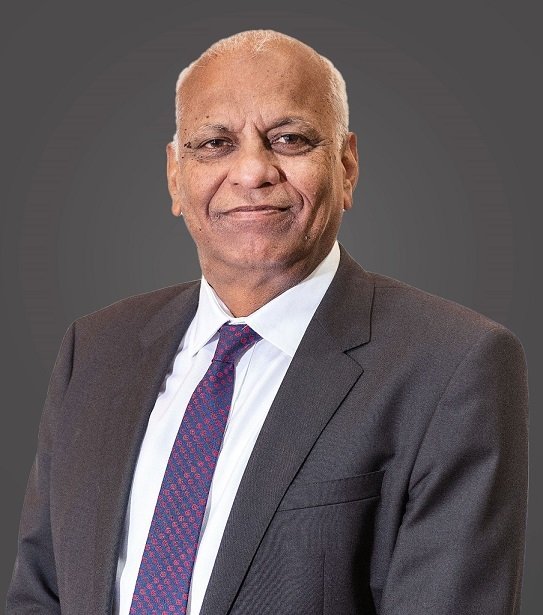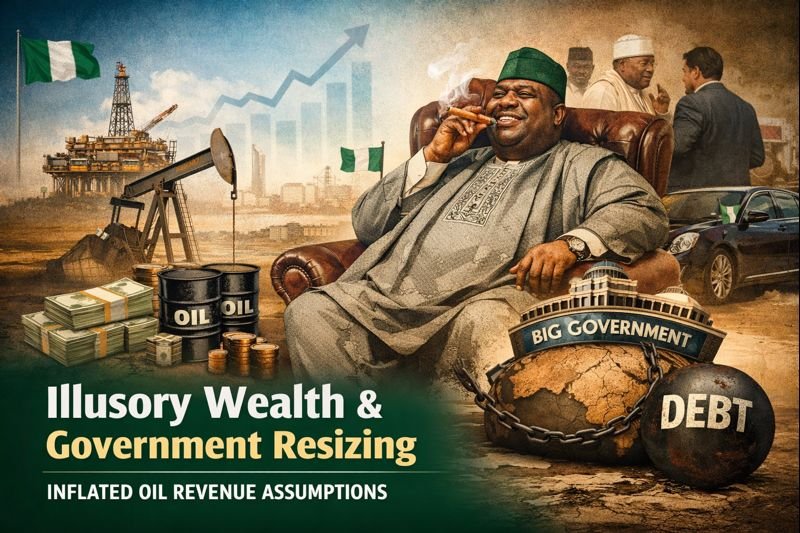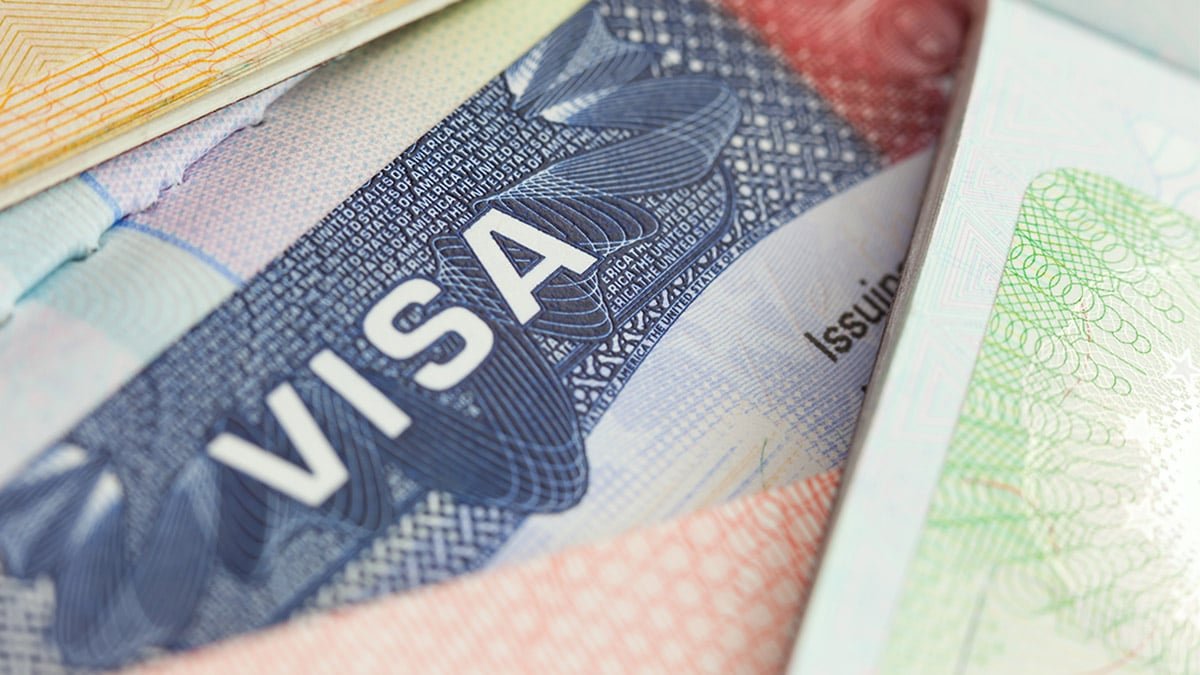Prime Minister Sebastien Lecornu kicked off two days of critical negotiations on Tuesday with representatives from multiple parties.
This comes just a day after his abrupt resignation, as the nation grapples with a fragmented parliament and mounting uncertainty.
Lecornu’s resignation, submitted alongside his entire cabinet on Monday, followed widespread rejection of the government lineup he unveiled on Sunday.
Critics from both allied and opposing factions dismissed it, making it the shortest-serving administration in modern French history.
President Emmanuel Macron quickly reassigned Lecornu to lead these discussions, imposing a tight deadline of Wednesday evening to deliver potential solutions.
However, the move has sparked confusion and skepticism among political figures, with some seeing it as a stalling tactic nearly a month into Lecornu’s original tenure.
The precise boundaries of Lecornu’s role in these talks remain undefined, adding to the ambiguity surrounding the process.
“Like many French citizens, I’m struggling to make sense of the president’s choices,” remarked Gabriel Attal, a centrist parliamentarian and Macron’s former prime minister.
Lecornu’s agenda includes early meetings with key figures from the conservative Les Republicains (LR) and center-right Renaissance parties, such as Senate President Gerard Larcher and National Assembly President Yael Braun-Pivet.
This crisis represents France’s most profound political upheaval since the establishment of the Fifth Republic in 1958.
It traces back to June of the previous year, when Macron dissolved the National Assembly and called snap legislative elections in response to the far-right’s gains in European Parliament voting.
The outcome? A hung parliament lacking a clear majority, clashing with France’s tradition of a dominant president supported by a solid legislative bloc, and minimal experience in coalition-building.
As Macron’s third prime minister since the elections, Lecornu highlights the president’s dwindling options.
Alternatives include appointing a new leader—potentially from the left, as urged by Socialists—but Macron has resisted this, fearing it could undo his key reforms on pensions and taxes.
Constitutionally, Macron could even reappoint Lecornu, a trusted confidant. Meanwhile, opposition voices are pushing for parliamentary dissolution or Macron’s resignation, options he has firmly rejected ahead of his 2027 term end.
The instability is rippling into the economy, with Medef business federation head Patrick Martin voicing alarm on Franceinfo radio.
“This political drama is disheartening and heightens existing worries among businesses,” he said, urging all sides to act responsibly.
As France teeters on the edge of prolonged gridlock, these talks could determine the path forward for governance and stability in one of Europe’s key powers.























